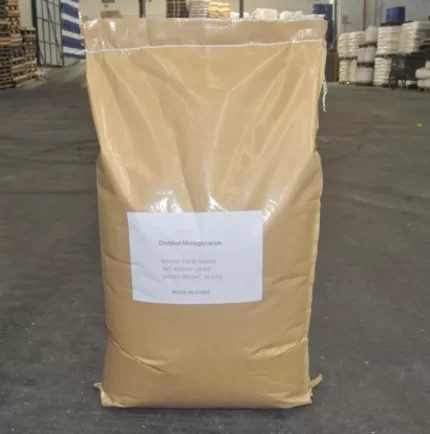
Glycerol Monostearate (GMS)
KSh0.01 Original price was: KSh0.01.KSh0.00Current price is: KSh0.00.

Tartaric acid Food Grade
KSh0.01 Original price was: KSh0.01.KSh0.00Current price is: KSh0.00.
Icing sugar
KSh0.01 Original price was: KSh0.01.KSh0.00Current price is: KSh0.00.
Category: Sweeteners
Reviews (0)
Be the first to review “Icing sugar” Cancel reply
Shipping & Delivery
Related products
Acesulfame K
Acesulfame potassium (acesulfame K) is a high-intensity, calorie-free artificial sweetener. It is about 200 times sweeter than sugar and is heat-stable, making it suitable for cooking and baking.
Uses:
- Food & Beverages: Commonly used in soft drinks, baked goods, dairy products, and chewing gum.
- Pharmaceuticals: Added to medicines to improve taste.
- Tabletop Sweeteners: Found in sugar substitutes, often blended with other sweeteners like aspartame or sucralose.
Aspartame 25kg
KSh0.01
Aspartame is a low-calorie artificial sweetener that is widely used as a sugar substitute in various food and beverage products. It is a non-saccharide sweetener, meaning it does not belong to the family of natural sugars like sucrose or fructose. Aspartame is composed of two amino acids, phenylalanine and aspartic acid, linked together with a methyl ester bond.
This sweetener is known for its intense sweetness, being approximately 200 times sweeter than sugar, which allows for its use in very small quantities to achieve the desired level of sweetness in food and drinks. Aspartame has gained popularity as an alternative to sugar due to its minimal impact on caloric intake, making it suitable for individuals aiming to reduce their sugar consumption or manage their weight.
Upon ingestion, aspartame is broken down into its component amino acids and a small amount of methanol, which is further metabolized into formaldehyde and formic acid. However, the quantities produced are well within the range deemed safe by regulatory authorities, and the body's natural metabolic processes handle them efficiently.
Dextrose Monohydrate 25kg
Dextrose monohydrate is a simple sugar derived from corn starch and commonly used as a food additive or sweetener. It is a white, crystalline powder that consists of glucose molecules with one molecule of water attached. Dextrose monohydrate is chemically identical to glucose and is often referred to as a glucose monohydrate.
In the food industry, dextrose monohydrate is valued for its sweet taste, high solubility, and ability to enhance flavors. It is frequently used in the production of confectionery, baked goods, beverages, and dairy products. Dextrose monohydrate is also utilized in pharmaceutical formulations, particularly as a source of energy for intravenous solutions or in oral rehydration products.
Overall, dextrose monohydrate is a versatile and widely used ingredient known for its ability to provide sweetness, solubility, and energy, making it a valuable component in various industries.
liquid glucose 300kg
KSh0.01
Sorbitol 25kg
Sorbitol, also known as glucitol, is a sugar alcohol that occurs naturally in many fruits and plants or can be synthesized from glucose. It's commonly used as a sugar substitute in various food products due to its sweet taste and lower calorie content compared to regular sugar. Sorbitol is often used in sugar-free or reduced-sugar foods, as well as in pharmaceuticals and personal care products, due to its ability to provide sweetness without causing rapid spikes in blood sugar levels. Additionally, sorbitol has humectant properties, meaning it can retain moisture, which makes it useful in products like chewing gum, toothpaste, and skin care items.
Sucrose 500g
Analytical Reagents, Biochemicals Reagents, Excipients, Flavor Enhancers, Plant Growth Regulators, Sweeteners
Sucrose is a type of sugar commonly found in many plants, including sugarcane and sugar beets. It's a disaccharide, meaning it's composed of two simpler sugars, glucose and fructose, linked together. Sucrose is often used as a sweetener in food and drinks, and it's what we typically refer to as "table sugar." When we consume sucrose, enzymes in our digestive system break it down into glucose and fructose, which our bodies can then use for energy.

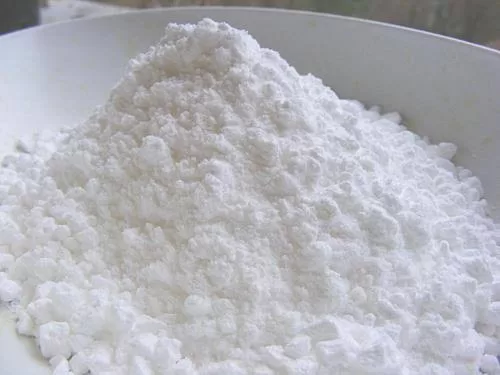

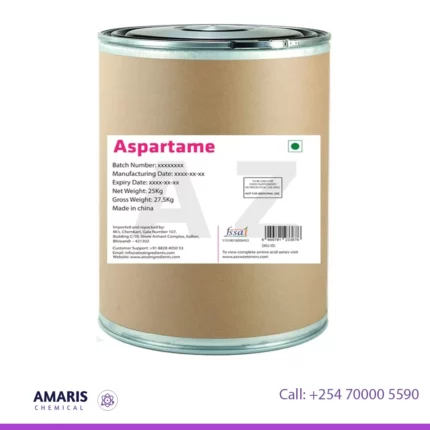
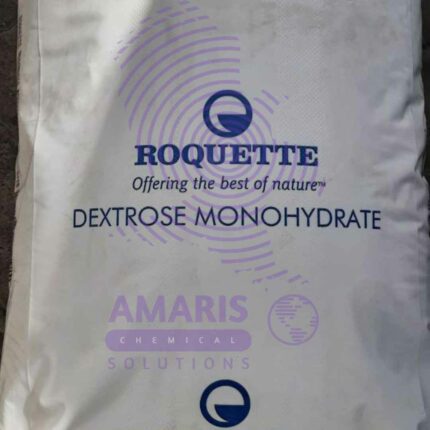
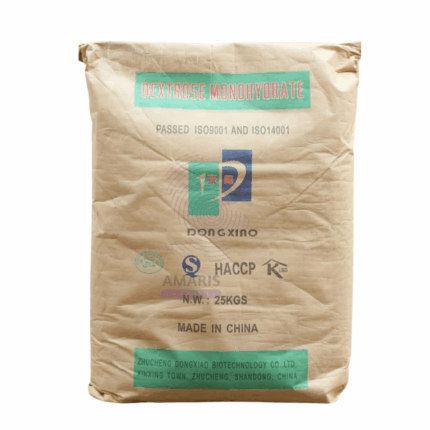

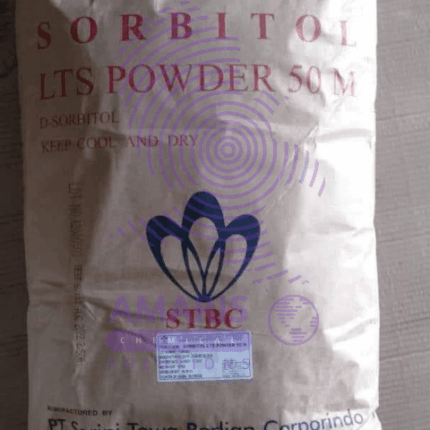
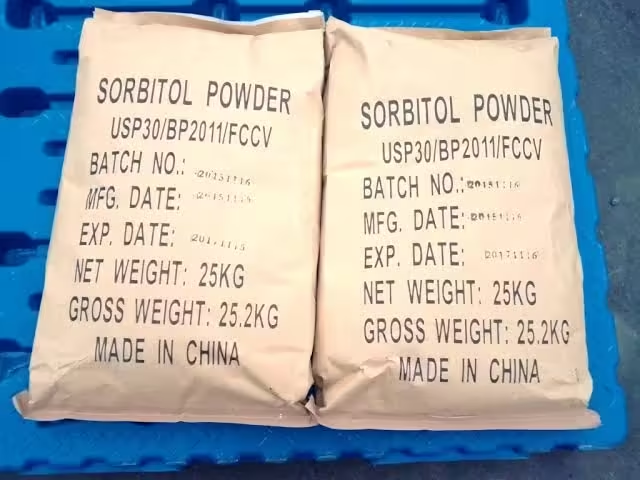
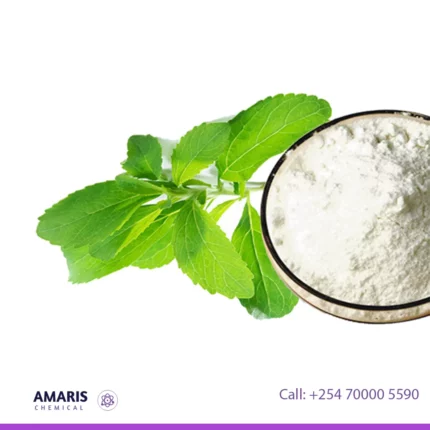
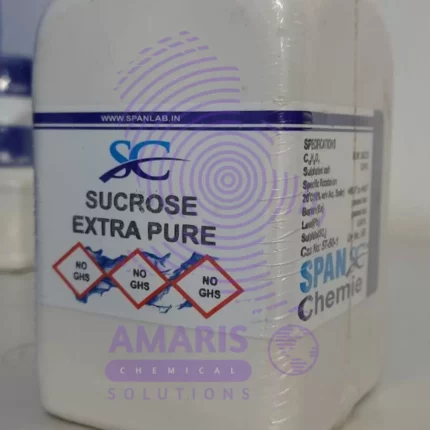
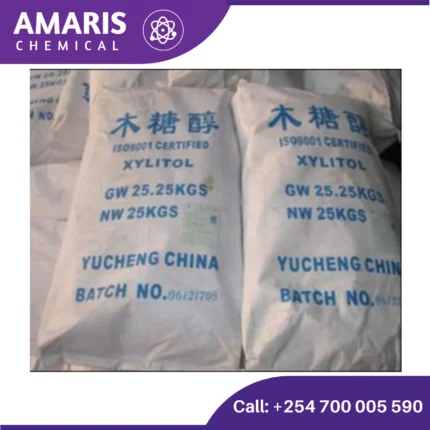




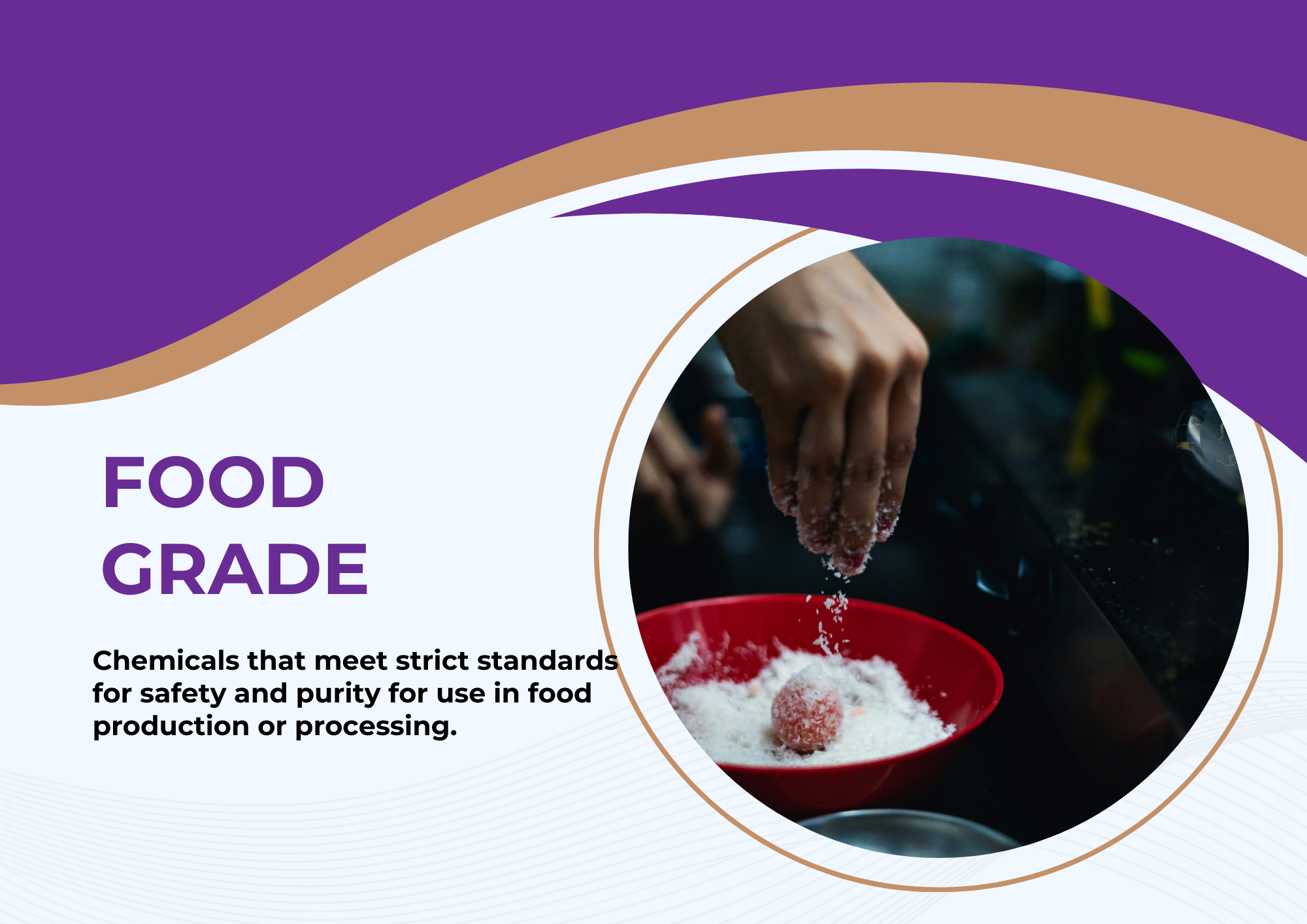


Reviews
There are no reviews yet.